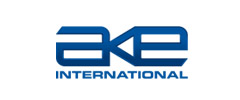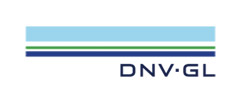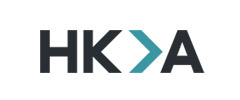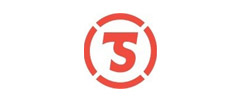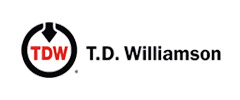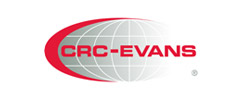Why attend Extreme 2020 Exclusive presentations from industry experts
RegisterExpert speakers
Hear directly from experts and industry leaders in risk, safety, construction and security.
Insight and information
Through a series of exclusive, technical presentations, you will learn how to approach the design, construction and operation of oil and gas pipelines in extreme environments.
